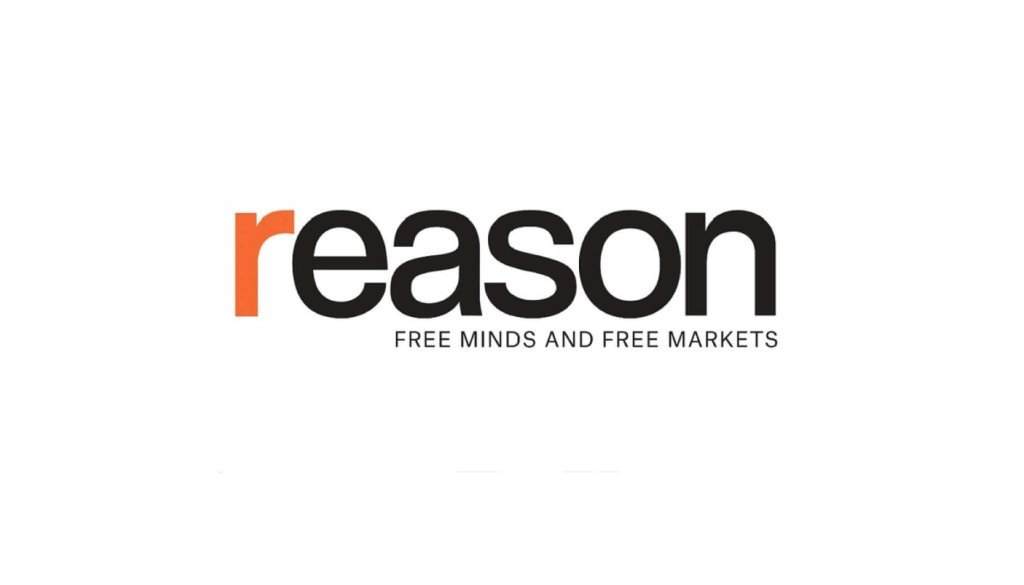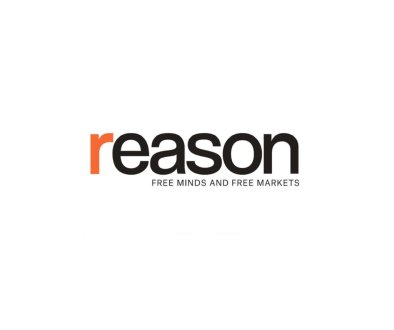Did Bill Buckley Really Lead a Successful Revolution?
Buckley: The Life and the Revolution that Changed America, by Sam Tanenhaus, Random House, 1,040 pages, $40
For decades, William F. Buckley Jr.—journalist, editor, novelist, television host, mayoral candidate, high society bon vivant, and former CIA agent—was the undeniable intellectual head of the American right. Until the rise of Rush Limbaugh in the 1990s, Buckley was likely the right’s most genuinely popular exemplar as well: By no means restricted to the pages of National Review, the conservative magazine he founded in 1955, Buckley had a 33-year, 1,504-episode run of his TV show Firing Line and a syndicated newspaper column that at its height appeared in 350 publications.
Fewer than 20 years after Buckley’s 2008 death, few influential American conservatives act as though they are more than vaguely aware that he existed, at least from how often his spirit or words are explicitly invoked. But a careful read of Sam Tanenhaus’ Buckley: The Life and Revolution That Changed America, a new biography that was nearly three decades in the works, suggests that more than one contemporary right-wing figure is in many ways recapitulating Buckley’s early career, whether consciously or not.
Tanenhaus does not spell that out explicitly. Buckley’s position vis-à-vis the contemporary American right is not an obvious concern of this book, which mentions the name Donald Trump exactly once, in the future president’s role as a real estate entrepreneur and supporter of Roy Cohn. But it’s easy to come away from this book wondering just how many truly lasting victories William Buckley ultimately won.
Buckley’s father, who grew up in Texas but lived for many years as an oil wildcatter in Mexico, imbued his kids with a Catholic old-time conservatism that mistrusted the state and communists—and Jews, an enmity that led four of his kids (not young William Jr.) to burn a cross in front of a Jewish resort in 1937.
The junior Buckley’s first public speech, written in February 1941, was “In Defense of Charles Lindbergh.” Specifically, Buckley defended the airman from accusations of Nazi sympathies while Lindbergh was agitating to keep America out of World War II. Buckley’s first book, and first New York Times bestseller, was God and Man at Yale (1951), which denounced the regnant institutions of American liberal culture for turning their back on religious faith. God and Man attacked, as the conservative journalist John Chamberlain explained in its introduction, an “elite of professorial Untouchables” who were wedded to an “unadmitted orthodoxy” in the guise of objectivity: “agnostic as to religion, ‘interventionist’ and Keynesian as to economics, and collectivist as applied to the relation of the individual to society and government.”
Buckley, a free speech absolutist for those who wanted to keep the U.S. out of World War II, adopted a more authoritarian mindset in the Cold War, and had colleagues who thought espousing communism should be straight-up illegal, though Buckley did not go quite that far. But in his second book, co-written with his brother-in-law Brent Bozell, McCarthy and His Enemies, he predicted that even liberals in America would someday find “the patience of America may at last be exhausted, and we will strike out against” them. He cooperated with the FBI in investigating the feared communist presence at Yale. In 2025, this sounds like a prototype for the academic activist Christopher Rufo, or maybe the podcaster Ben Shapiro: Like them, young Buckley decried and strove to defeat a smug intellectual elite barricaded into educational institutions that he accused of annihil
Article from Reason.com

The Reason Magazine website is a go-to destination for libertarians seeking cogent analysis, investigative reporting, and thought-provoking commentary. Championing the principles of individual freedom, limited government, and free markets, the site offers a diverse range of articles, videos, and podcasts that challenge conventional wisdom and advocate for libertarian solutions. Whether you’re interested in politics, culture, or technology, Reason provides a unique lens that prioritizes liberty and rational discourse. It’s an essential resource for those who value critical thinking and nuanced debate in the pursuit of a freer society.




